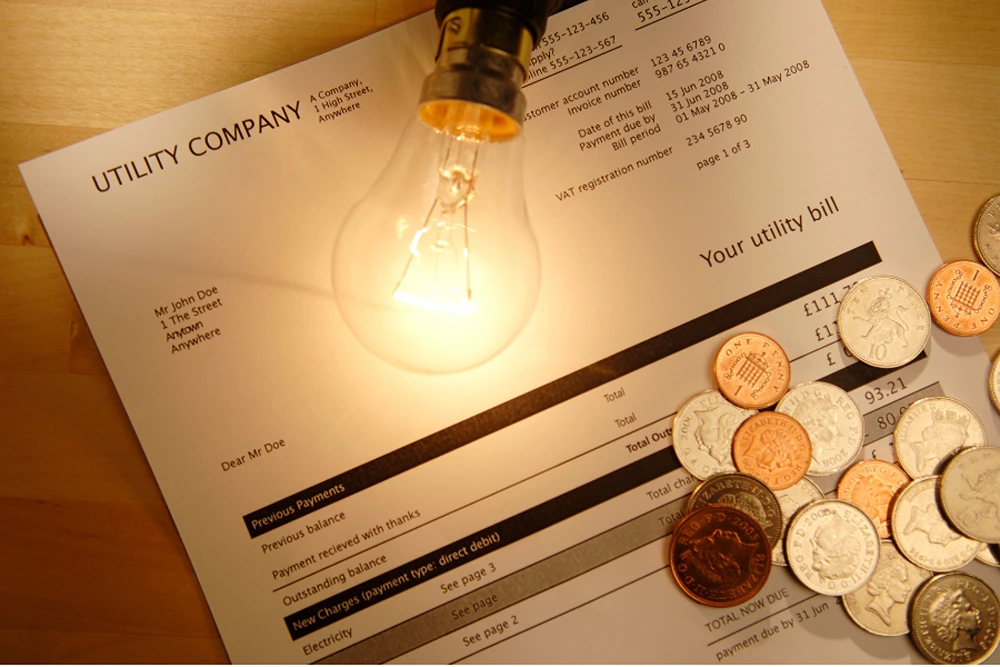Our Blog
Can A Drywall Repair Lower Your Electric Bill? 4 Ways It Definitely Can!

With energy costs constantly on the rise, not to mention environmental concerns and the desire to reduce your carbon footprint, energy efficiency has grown more and more important. In your home, discussions about reducing energy consumption tend to focus on insulation, windows, HVAC systems, and appliances. However, it’s important to remember the condition of your drywall also plays a huge role. Here are four ways that most people are not aware of.
1. Sealing air leaks.
In every house, there are hundreds of nooks and crannies where air can move between the interior of the house and the outside world. This is especially true of older houses that have had time to settle. Drywall that is properly installed and kept in good condition can ensure that you’re not leaking air through window seals, around doors, and through electrical outlets. By eliminating these tiny gaps, you’ll reduce the amount of energy needed to cool or heat your home.
2. Improved performance of your insulation.
When drywall is in disrepair, it can create gaps in the insulation, which makes the insulation much less efficient. This allows the heat or cold from outside to find its way into your house, which forces your HVAC system to work harder and use more electricity. Repairing the drywall in these areas will reduce your energy bills and make your home feel more comfortable.
3. Controlling humidity.
Drywall plays an important role in controlling humidity in your home. When drywall is damaged or has cracks, it allows moisture to enter your home, leading to higher humidity levels. That can make your home feel warmer and more uncomfortable, prompting you to run your air conditioning at full blast. Repairing any drywall damage can help you control the humidity levels in your home, reducing your energy bills and improving your comfort.
4. Preventing mold and mildew.
Any environment that is dark, warm, and wet is a perfect breeding ground for mold. So, when moisture gets inside your walls through damaged drywall, there’s a real possibility of it turning into a mold infestation. That can negatively affect your health. Repairing the drywall can keep moisture out of your home and help prevent mold and mildew growth, improving your home’s air quality and reducing the need for expensive remediation.
So, if your utility bills seem excessively high, check your walls for visible damage, as well as inspecting the seals around windows and doors. Most drywall repairs will be a lot less expensive than replacing windows, installing new installation, or upgrading your HVAC system, so it’s a good place to start.
